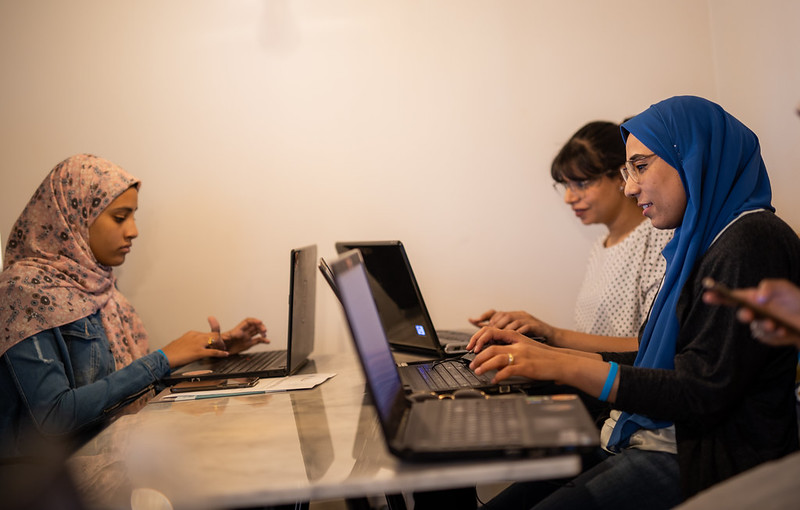Early this year, the Arab region saw a series of webinars and meetings about the status of land-related information and data. These events, which included Land Portal's webinar Sharing and Exchange in the Arab Region (16 February), the Second Arab Land Conference (22-24 February) and the Online Training on Monitoring Land Governance and Land Tenure Security in the Arab Region (9-11 March), were attended by a variety of active stakeholders in the region, discussing the gaps in the region and the possible opportunities to develop the information ecosystem there. For the first time such events have seen more local participants than international actors indicating a high interest in and good awareness of the importance of land related information.
These webinars and the conference itself revealed what many of us already feared. Data related to land is largely fragmented between different ministries, there is a lack of a common platform to share information at the national level and little incentive to share data beyond the countries’ borders. Also, the region lacks agreeable standards for information sharing and related metadata, revealing the poor communication of land-related experiences between the countries.
The accessibility to information was a pivotal subject throughout the conference, where some countries in the region, like the Gulf countries, have made great progress in this regard while other countries are still stalling behind due to many reasons. They include, for example, the lack of capacity development for data analysis and data sharing, lack of metadata definition for different types of information (publications, statistics, maps etc.), let alone the fears of sharing information since land issues are highly politicized. These reasons are compounded with the misconceptions about open access data, as if it implied violating data privacy (no, open data is not about that).
A recent exercise by Land Portal confirmed that a high level of bureaucracy in the region and the lack of a culture of sharing data also stand as obstacles to adopting open data practices. When reaching out to different universities in the region to encourage data sharing, Land Portal encountered a lot of interest from university professors, but the plans to effectively share information are still on hold due to pending formal agreements by university deans.
But a growing dynamism in the land data ecosystem at the international level is catching the attention of practitioners and researchers in the Arab region. One of the opportunities that came out of the Second Arab Land Conference was the interest in open access data available like the property rights Index Prindex, which captures the perception of tenure security of 140 countries including 13 from the Arab region.
The experience of Prindex showed to the Arab community that researchers worldwide are able to use data free of charge without violating privacy. It also showed the impact of its open access approach as many development programmes refer to Prindex data to identify the most insecure groups to target their actions.
Many Arab countries have issued laws that safeguards people’s right to access information, yet most of these countries are not implementing them yet. It is not by chance that four countries from the Arab world, including Saudi Arabia, UAE, Jordan and Kuwait, feature amongst the 10 countries with the highest level of tenure insecurity. At the same time, the recent meetings and conference exhibited a large appetite by the Arab community for accessing more information. Therefore, it is vital at this point to overcome some bureaucratic obstacles and adopt simple steps, like publishing metadata, which will ensure standard, accountable and shareable information in the future. It is about building credible evidence to improve land governance and to make a case for securing land rights for vulnerable groups, including those affected by conflicts.



